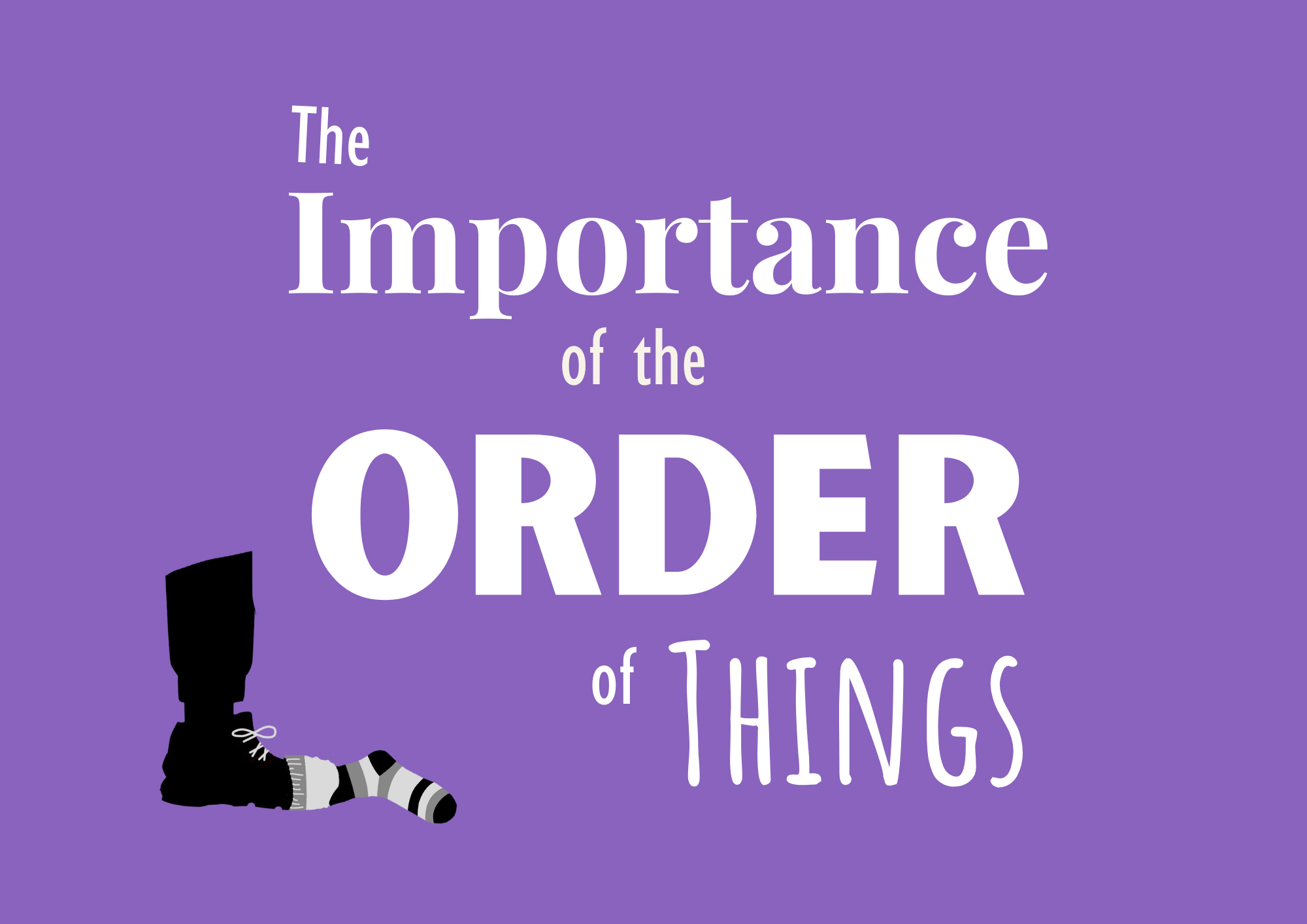The Importance of the Order of Things | Week Six
We will either understand the world through the lens of who God is; or we will understand who God is through the lens of the culture in which we live.
Eugene Peterson puts this well in The Message at the beginning of Romans 12:
Embracing what God does for you is the best thing you can do for him. Don’t become so well-adjusted to your culture that you fit into it without even thinking. Instead, fix your attention on God. You’ll be changed from the inside out. Readily recognize what he wants from you, and quickly respond to it. Unlike the culture around you, always dragging you down to its level of immaturity, God brings the best out of you, develops well-formed maturity in you.
Again, we have an order to determine: start with God or start with culture.
When we consider the Love of God – many people are prone to start with culture.
There is a common view that love is a full acceptance of everyone’s self-expression and self-centred desires. Love is often seen as a kind tolerance of anything as long as it’s consensual and does no harm. This is a humanised interpretation of love rather than a Godly understanding.
Don Carson suggests:
The love of God in our culture has been purged of anything the culture finds uncomfortable. The love of God has been sanitised, democratized, and above all sentimentalized. [1]
God’s love is unearned and undeserved, He does not love His people because of anything innately worthy, good, or desirable in us. God chooses to love and initiates that love, despite our sinfulness, our antipathy and weakness. God’s gracious love is a free and undeserved gift through a one-sided covenant. Paul writes, “but God shows His love for us in that while we were still sinners, Christ died for us”[2]
“No (person) loves God till he knows that God loves him; and every believer loves God for this reason first and chiefly, that God loves him.” Spurgeon
When we are overawed with the undeserved love of God, we will love both Him and others with the same abundance.
Blessings,
Brian

Have you ever been shaped negatively by a culture? How do we as Chistian educators become correct culture shapers?
[1] D A Carson (2000) The difficult Doctrine of the Love of God. Crossway Books p11
[2] Romans 5:8.

